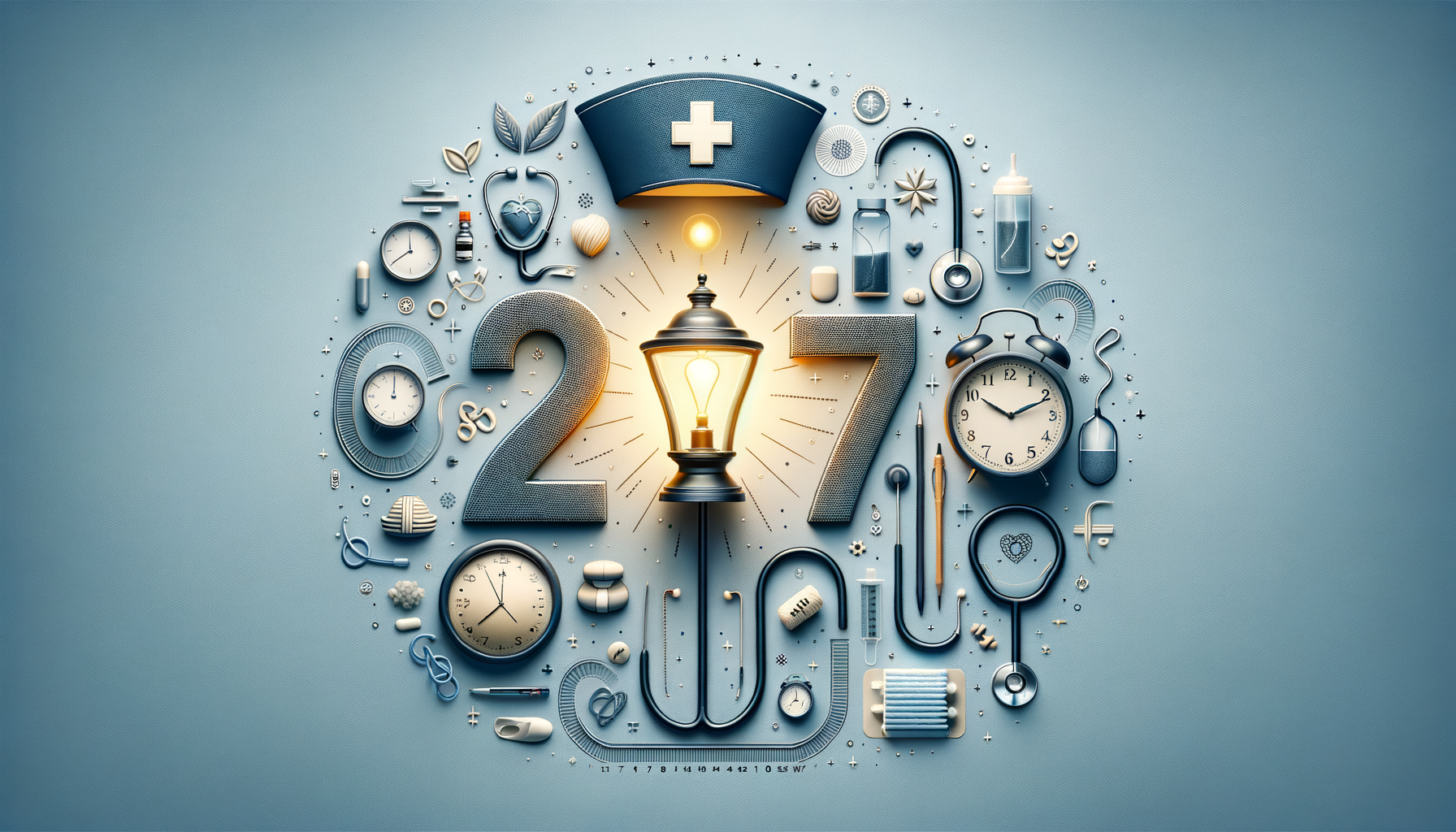
Understanding 24/7 Nursing Support for Continuous Care
The Role of 24/7 Nursing in Healthcare
In today’s fast-paced world, the demand for 24/7 nursing services has become increasingly significant. These services are designed to offer continuous support and monitoring for individuals who require constant care, ensuring their health needs are met at any time of the day or night. The availability of round-the-clock nursing not only provides peace of mind to patients and their families but also plays a crucial role in improving overall health outcomes.
24/7 nursing services are particularly vital for patients with chronic illnesses, the elderly, and those recovering from surgery. These individuals often require regular monitoring and immediate assistance, which can be efficiently managed by skilled nurses available at all hours. By having access to professional care around the clock, patients can avoid unnecessary hospital visits and reduce the risk of complications.
Moreover, 24/7 nursing support fosters a sense of security and comfort for patients, knowing that help is readily available whenever needed. This constant availability can significantly enhance the quality of life for individuals who rely on continuous care, allowing them to maintain their independence and dignity while receiving the necessary medical attention.
Benefits of Continuous Nursing Support
The benefits of 24/7 nursing services extend beyond just medical care. These services provide a holistic approach to patient well-being by addressing both physical and emotional needs. Nurses are trained to offer compassionate support, ensuring that patients feel valued and cared for.
One of the primary advantages of continuous nursing support is the ability to provide personalized care tailored to each individual’s needs. This customization ensures that patients receive the appropriate level of attention and intervention, minimizing the risk of health deterioration. Furthermore, ongoing monitoring allows for early detection of potential health issues, enabling prompt intervention and treatment.
Another significant benefit is the reduction of caregiver burnout. Family members often take on the role of primary caregivers, which can be physically and emotionally draining. 24/7 nursing services alleviate this burden by providing professional assistance, allowing family members to focus on their well-being and spend quality time with their loved ones.
Challenges and Considerations in 24/7 Nursing
While 24/7 nursing services offer numerous benefits, there are also challenges and considerations that must be addressed. One of the primary challenges is the cost associated with round-the-clock care. These services can be expensive, making them inaccessible to some individuals and families. It is essential to explore various funding options and insurance coverage to ensure that those in need can access these critical services.
Another consideration is the availability of qualified nursing staff. The demand for skilled nurses is high, and ensuring that there is an adequate workforce to meet this demand is crucial. Healthcare providers must focus on recruiting and retaining talented nurses to maintain the quality of care provided.
Additionally, maintaining seamless communication between nursing staff, patients, and family members is vital. Effective communication ensures that everyone involved is informed about the patient’s condition and care plan, promoting a collaborative approach to healthcare.
Technological Advancements in 24/7 Nursing
Technology plays a pivotal role in enhancing the efficiency and effectiveness of 24/7 nursing services. With advancements in telehealth and remote monitoring, nurses can provide care to patients even from a distance, ensuring continuous support without the need for physical presence.
Telehealth platforms allow nurses to conduct virtual consultations, assess patient conditions, and offer medical advice in real-time. This accessibility is particularly beneficial for patients in remote areas or those with mobility challenges, as it reduces the need for travel and provides immediate access to healthcare professionals.
Remote monitoring devices are another technological innovation that supports 24/7 nursing care. These devices can track vital signs, detect abnormalities, and alert nursing staff to potential issues, enabling proactive intervention. By integrating technology into nursing practices, healthcare providers can enhance the quality of care and improve patient outcomes.
The Future of 24/7 Nursing Services
As the healthcare landscape continues to evolve, the future of 24/7 nursing services looks promising. With an aging population and an increasing prevalence of chronic diseases, the demand for continuous care is expected to rise. Healthcare providers must adapt to these changes by expanding their services and investing in innovative solutions to meet the growing needs of patients.
One potential development is the integration of artificial intelligence (AI) in nursing practices. AI can assist nurses in decision-making, streamline administrative tasks, and enhance patient monitoring. By leveraging AI, nurses can focus more on direct patient care, improving efficiency and effectiveness.
Additionally, collaboration between healthcare providers, technology companies, and policymakers will be essential in shaping the future of 24/7 nursing services. By working together, these stakeholders can develop comprehensive strategies to address challenges, improve access, and ensure that continuous care remains a cornerstone of modern healthcare.


